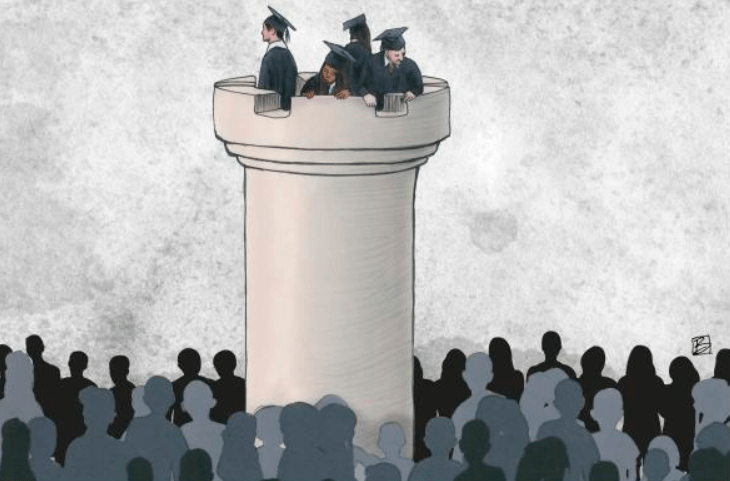ON THE PAPER TRAIL
Sometimes it is amazing to see how products are created to meet apparent consumer demands. I am sure that much of the time many people might ponder the creation of a particular product, but never move to the next step. That was not the case concerning a new product that appeals to hardcore booklovers.
Hardcore booklovers understand the sensuous smell of a brand new book. Given that common enjoyable experience among such a large market segment, it is not too surprising that a new perfume is available called Paper Passion Perfume. According to the product description, the potion:
“ captures the unique bouquet of freshly printed books. Designed by boutique perfumer Geza Schoen in close consultation with Gerhard Steidl and in collaboration with Wallpaper magazine, the perfume expresses that peculiar mix of paper and ink which gives a book its unmistakable aroma, along with the fresh scent which a book opened for the first time releases. Schoen spent days in the depths of the paper-filled Steidl headquarters in Göttingen, sifting through books, papers samples and inks, to find inspiration for a perfume that is true to books, wearable, and which ages well in time—just like a good book. It took Schoen seventeen trials to preserve in his words, ‘the right balance between the smell of paper as such and an enjoyable perfumistic aesthetic.’ ” (Amazon.com)
It seems to me this is definitely a niche market. Even though I am a modern digital advocate, I still love many things about paper. Nevertheless, this one is over the top. One customer review included these effusive words of passion:
“ This perfume was lovely. The packaging was exceptional and creative, and I LOVED the scent. My friend sat next to me while I was wearing it and not only could smell it, but noted that it DID smell like books. The scent lingered for hours. Now, the only thing I have to do is make it last. This is everything I had hoped it would be. ”
I guess that is sort of like:
“ I love the smell of napalm in the morning. ”
Same concept, different crowd.










